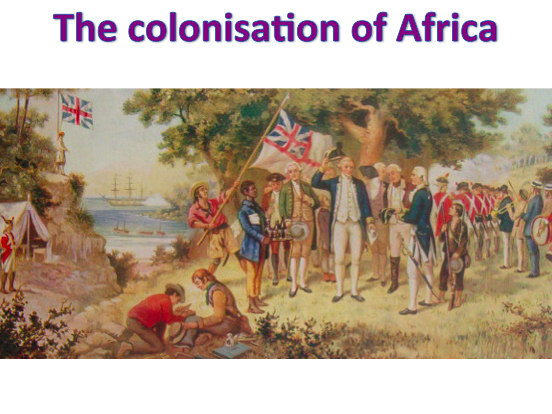Mr Williams' Geography resources
A variety of predominantly KS3 resources for a variety of topics. All assessments I have created are entirely free and will save you a huge amount of time, so please feel free to download them all and adapt them to suit you! Hope you find them helpful!... Mr Williams.






















